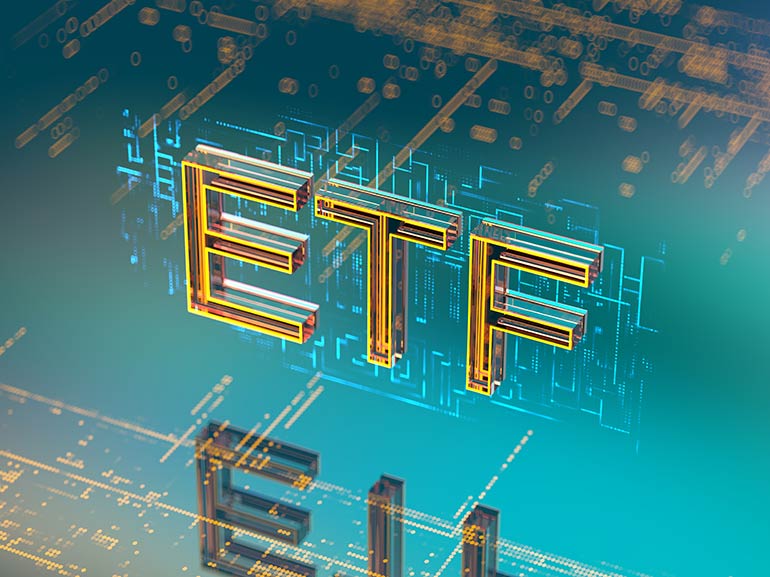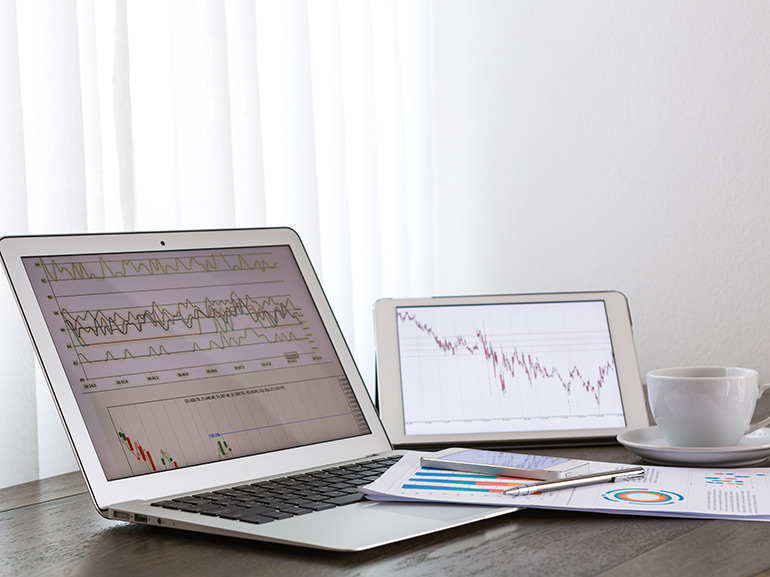Ether ETFs Trading: What Should You Know
Following the much-awaited approval of Spot Bitcoin ETFs, Ether, the world’s second-largest cryptocurrency, entered the spot ETF market on Monday, 22 July 2024, after the U.S. Securities and Exchange Commission’s (SEC) final approval. and started trading on Tuesday, 23 July 2024.
So what are the Ether ETFs, and what does this cryptocurrency milestone mean? Let’s find out:

TL;DR
Spot Ether ETFs track Ethereum's real-time market price, letting investors gain exposure without owning ETH.
Launched on 22 July 2024 after final SEC approval, marking a major step for crypto adoption in regulated markets.
Benefits: Easier market access, perceived legitimacy, and investor protection through regulatory oversight.
Risks: Subject to Ethereum’s volatility, possible tracking errors, and evolving regulations.
Approved ETFs include offerings from major financial firms like iShares, Grayscale, VanEck, Fidelity, and 21Shares.
Political impact: President Trump's crypto-friendly stance compared to Biden’s tougher regulatory approach has influenced crypto market sentiment.
What Do Spot Ether ETFs Mean & Why Are They Important?
Spot Ether ETFs are investment vehicles that mirror Ethereum prices, similar to stocks on exchanges that track Ether's price movements. Consequently, the value of Ether ETFs fluctuates in tandem with current Ether prices.
Spot Ether ETFs enhance accessibility to the cryptocurrency market, exposing traders and investors to Ethereum prices without owning the underlying cryptocurrency.
Furthermore, they represent a significant regulatory development, reflecting the SEC's commitment to safeguarding traders, promoting market transparency, and curbing fraudulent activities. This regulatory step may contribute to Ethereum's and the broader cryptocurrency market's perception as “legitimatised” investments. According to the co-founder and president of 21Shares, Ophelia Snyder, this “approval represents further proof that crypto as an asset class is here to stay.”
Nonetheless, it is essential to note that this type of ETF is usually more volatile than others, given cryptocurrencies’ volatile nature. It can also experience tracking errors and be under more regulatory scrutiny.
Which Ether ETFs Did the SEC Approve?
Spot Ether ETFs got the SEC’s approval on 23 May 2024, and the following Ether ETFs are available for trading:
Grayscale Ethereum Mini Trust (ETH)
Trading Ether ETFs with Plus500
Plus500 offers Contracts for Difference (CFDs) on multiple Ethereum ETFs, including iShares Ethereum Trust, Grayscale Ethereum Trust, VanEck Ethereum, 21Shares Core Ethereum, Bitwise Ethereum, Fidelity Ethereum Fund, Franklin Ethereum Trust, and Invesco Galaxy Ethereum.
These ETF CFDs allow traders to trade the rising and falling Ethereum ETF prices without needing to own them directly. In addition, they are leveraged, meaning both gains and losses get amplified.
To read more about ETF CFD trading, check out our article titled “Understanding ETFs: What Is an ETF?”
How Do Politics Affect the Cryptocurrency Market?
Traders and investors may want to note that President Donald Trump, who once said that cryptocurrencies are a “scam,” has taken a turn as he has adopted a pro-crypto stance. He even hosted the first White House crypto summit on 7 March 2025, whereby he endorsed cryptocurrencies.
In general, some believe that Trump’s administration is ”more friendly to crypto than the Democrats have been.” This, in turn, contrasts with the Biden administration, which led a “crackdown on many of the industry’s major players following a market meltdown in 2022.” (Source: Yahoo Finance)
Conclusion
In conclusion, the approval of Spot Ether ETFs representeda significant milestone for Ethereum and the cryptocurrency market.
These ETFs offer investors and traders a way to engage with Ethereum's market dynamics without directly owning the cryptocurrency, enhancing accessibility and regulatory oversight.
While initial demand is expected to differ from that of Bitcoin ETFs, their introduction might signify the growing legitimacy and maturation of cryptocurrencies as a recognised asset class in global finance.
However, the cryptocurrency market remains volatile and has regulatory challenges, so traders and investors may want to wait and see what else lies in store for this market before making their decisions.
FAQs
What is a Spot Ether ETF?
A Spot Ether ETF is an exchange-traded fund that tracks the real-time price of Ethereum (ETH), allowing investors to gain exposure to its price movements without directly buying the cryptocurrency.
Why is the SEC’s approval important?
SEC approval lends regulatory legitimacy to Ether ETFs, improving investor protection and boosting confidence in Ethereum as a viable asset class.
What are the risks of investing in Ether ETFs?
Risks include high volatility, potential tracking errors, and increased regulatory scrutiny. These ETFs may not perfectly reflect Ether’s market performance.
How does politics influence crypto markets?
Political leadership can shape crypto regulations. Trump’s administration is seen as more crypto-friendly compared to Biden’s, whose term saw a crackdown on crypto firms post-2022.







